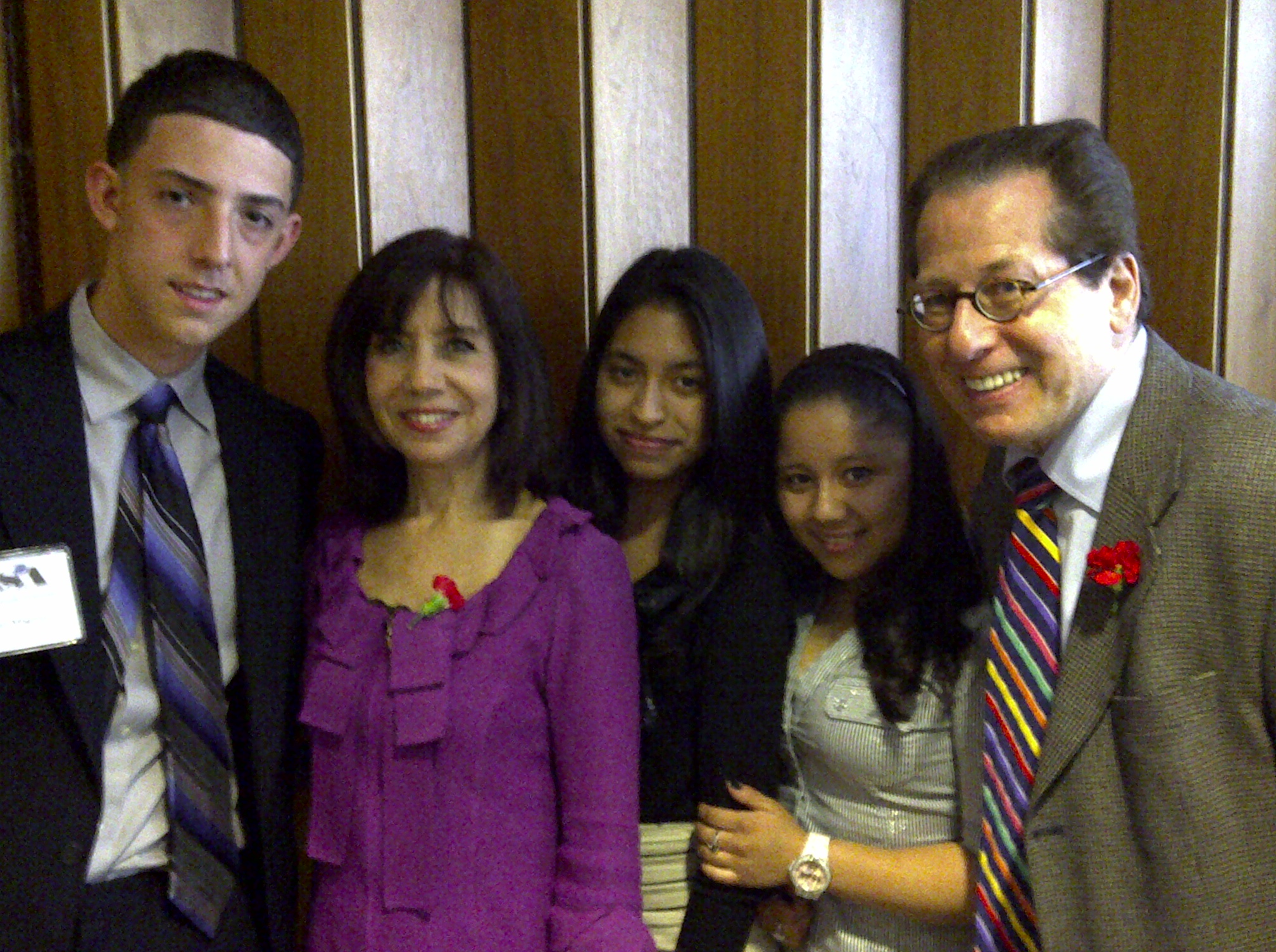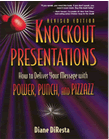 This morning I stopped in a Starbucks on W43 Street and Avenue of the Americas in New York City. I was expecting the usual long line that doesn't move. Instead, we moved quickly and the server asked for my order before I approached the cashier. Then she gave a coffee to the man in front of me and told me someone was delivering my tea right now. That was pleasant! Then I sat down and watched the baristas behind the counter. They called each person by name-"Ron, here's your grande. Adam, you have a latte. They actually wrote the person's name on the cup. It was a good presentation and that prompted me to compliment them on their personal service. This was the first time I had seen this approach at Starbucks.
It made me wonder what it would be like if our presentations were that personal. What if we spoke directly to individuals and made them feel special? Well, we can. It's called engagement. Public speaking is personal. Simply by doing some homework to get to know the audience members in advance we can tailor the message to include their individual challenges and experiences. Arriving early can accomplish the same thing. When I talk to audience members as they enter the room, I hear their stories and situations. I can then refer to them by name. For example, "When I was speaking to Laura this morning she told me..." Steve, you'll appreciate this story. I know you've been there."
This morning I stopped in a Starbucks on W43 Street and Avenue of the Americas in New York City. I was expecting the usual long line that doesn't move. Instead, we moved quickly and the server asked for my order before I approached the cashier. Then she gave a coffee to the man in front of me and told me someone was delivering my tea right now. That was pleasant! Then I sat down and watched the baristas behind the counter. They called each person by name-"Ron, here's your grande. Adam, you have a latte. They actually wrote the person's name on the cup. It was a good presentation and that prompted me to compliment them on their personal service. This was the first time I had seen this approach at Starbucks.
It made me wonder what it would be like if our presentations were that personal. What if we spoke directly to individuals and made them feel special? Well, we can. It's called engagement. Public speaking is personal. Simply by doing some homework to get to know the audience members in advance we can tailor the message to include their individual challenges and experiences. Arriving early can accomplish the same thing. When I talk to audience members as they enter the room, I hear their stories and situations. I can then refer to them by name. For example, "When I was speaking to Laura this morning she told me..." Steve, you'll appreciate this story. I know you've been there."
Nothing impacts an audience like a personal message just for them. It's not difficult to do. It engages them, creates a bond, and makes them feel special.







 Make this your best year. Start by polishing your presentation and communication skills. Resolve to follow these eleven speaking principles to speak with greater impact.
Make this your best year. Start by polishing your presentation and communication skills. Resolve to follow these eleven speaking principles to speak with greater impact.


 Marketers, Take Note: Passion Sells
Marketers, Take Note: Passion Sells
 There was a popular song years ago that went " Who let the dogs out?" And that's a question that's apropos this week in the media. The answer is President Obama let the dogs out in his recent speech in Milwaukee. Alluding to his opponents he said, 'They're talking about me like a dog." What does this tell us? Language reflects thought. While some studies state that words are only 7 per cent of the message, words are powerful. They give us insight into what the speaker believes and feels. In this case, Obama is saying he feels like a victim. The key is the wording "They're talking about ME". It's something that is happening to him. It's not the language of leadership. There is a difference between being genuine and appearing weak.
Former Mayor Giuliani showed genuine sadness during the bombing of the World Trade Center but he never spoke like a victim.
There was a popular song years ago that went " Who let the dogs out?" And that's a question that's apropos this week in the media. The answer is President Obama let the dogs out in his recent speech in Milwaukee. Alluding to his opponents he said, 'They're talking about me like a dog." What does this tell us? Language reflects thought. While some studies state that words are only 7 per cent of the message, words are powerful. They give us insight into what the speaker believes and feels. In this case, Obama is saying he feels like a victim. The key is the wording "They're talking about ME". It's something that is happening to him. It's not the language of leadership. There is a difference between being genuine and appearing weak.
Former Mayor Giuliani showed genuine sadness during the bombing of the World Trade Center but he never spoke like a victim. For years I've talked about the power of three's. I advise my clients to present 3 agenda items, 3 main points, and 3 benefits. People remember things in three's.
For years I've talked about the power of three's. I advise my clients to present 3 agenda items, 3 main points, and 3 benefits. People remember things in three's.

